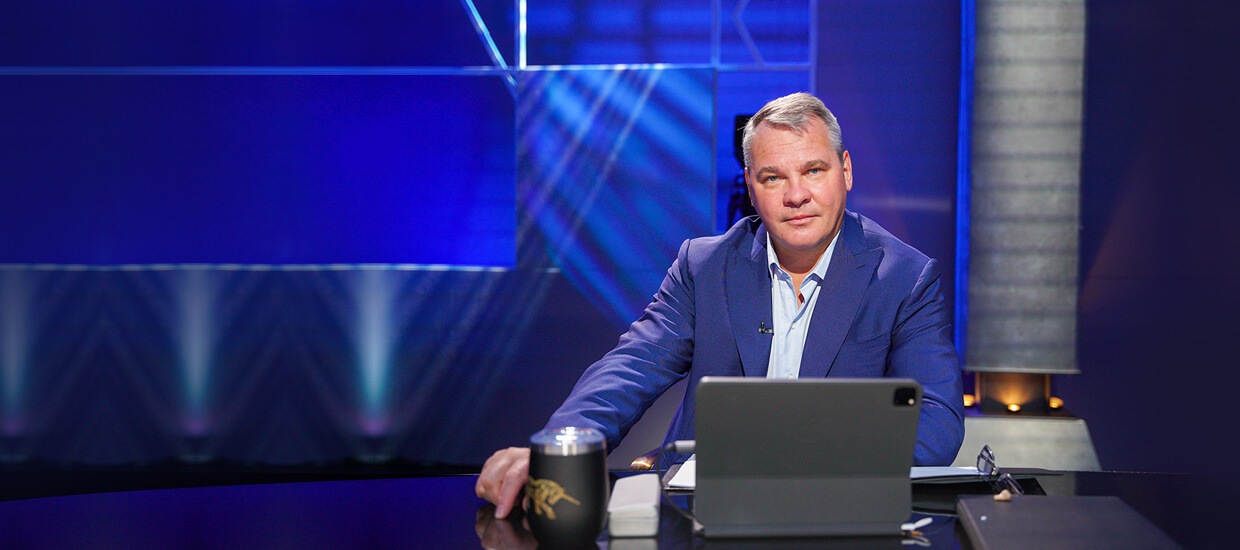Spy Wars
The Guardian
December 10, 2006
I CALLED Alexander Litvinenko in London to ask him about poison and the K.G.B., and he was glad to oblige. Yes, he said in that interview two years ago, he believed that the Russian security agency was behind the dioxin poisoning of Viktor Yushchenko, who was running for president of Ukraine.
The view inside the K.G.B. and its successor, the F.S.B., where he had worked for a decade, “was that poison is just a weapon, like a pistol,” Mr. Litvinenko said. He even gave the Moscow address of what he said was an F.S.B. poison laboratory. “I was told there were 11 poisons for different uses,” he said, and added one more prescient detail. The same laboratory, he said, worked on “radioactive items.”
Today, the British police are following the radioactive trail of Mr. Litvinenko’s killer from London to Moscow, where two Russian associates of his are reported to be sick, possibly from radiation. Mr. Litvinenko’s slow and agonizing death last month from ingestion of polonium 210 is an act of radiological terrorism that has not been solved. But its grisly exoticism — targeting a British citizen in his adopted country — seemed almost a throwback to the ruthlessness of the Stalin era, when it was part of the code of the K.G.B. to kill its apostates where it found them.
In the interview, which seemed hysteria-tinged at the time, Mr. Litvinenko said that Russian authorities had marked him for assassination. He e-mailed me a photograph of the charred wall of his London apartment, damaged by a Molotov cocktail. He sent the manuscript of his book, “Blowing Up Russia,” which charged that apartment bombings in Russia, officially blamed on Chechen rebels, were in fact the work of the F.S.B.
Neither the book nor Mr. Litvinenko’s writings at Chechenpress.org were subtle. In one posting last year, he imagined enraged Russians storming the Kremlin, to “crack this citadel of barbarity and violence” and “murder the main security officer Putin and his assistants in the Kremlin toilet.”
If Mr. Litvinenko’s killing was a response to such verbal attacks, it would mark the distance Russia has traveled from the late 1980s, when K.G.B. leaders were grilled by the first elected Parliament and a K.G.B.-led coup crumbled. In 1989, addressing that Parliament, Yuri P. Vlasov, who had earned celebrity as an Olympic weightlifting champion, denounced the K.G.B. on live television as “a real underground empire” responsible for “millions of people murdered.”
The next year, a retired K.G.B. major general, Oleg D. Kalugin, joined the nascent reform alliance Democratic Russia and became the first insider to denounce the security service on its own turf. Mr. Kalugin ran for Parliament himself, and then participated in the East-West spy thaw that seemed to consign the cold war to history. In 1996, he even co-starred with a former Central Intelligence Agency director, William E. Colby, in a computer game called “Spycraft.”
But meanwhile the K.G.B., divided into the domestic F.S.B. and the Foreign Intelligence Service, or S.V.R., bided its time. President Boris N. Yeltsin considered dismantling the K.G.B. but “decided it was too dangerous,” said Michael McFaul, a Russia specialist at Stanford University.
In the seven-year rule of President Vladimir V. Putin, the security service has returned to prestige and power. “All the most important jobs in Russia today,” Mr. McFaul said, “are held by K.G.B. or former K.G.B. officers, in every ministry, in every industry.”
Mr. Kalugin, facing increasing hostility at home, settled for good in the United States. In 2002, the onetime rising star of Russian democracy was convicted of treason by a Moscow court and sentenced in absentia to 15 years in prison. For decades, he said, any K.G.B. officer who defected was automatically tried and sentenced to death, and officers overseas were expected to carry out the sentences. In the late 1960s, when Yuri Andropov became K.G.B. chief, the practice faded. “He never formally ended it, but he found reasons not to give the orders,” said Mr. Kalugin, who knew Mr. Andropov well.
Now the practice may be back and playing out in a world where former K.G.B. officers, with murky continuing relations with the successor agency, are found in many countries. Mr. McFaul said that whoever killed Mr. Litvinenko chose the gruesome murder weapon to deter others who would openly break with the F.S.B. and the regime. “The message is: Be afraid. Be very afraid,” he said.
Message received, said Alex Konanykhin, a former Russian banker who fled to the United States in 1992 after former K.G.B. officers muscled him out of his own business. After he discussed Mr. Litvinenko’s death on CNN, anxious friends called both from Russia and the United States to urge him to keep quiet.
“They say, ‘What are you thinking? It’s too dangerous,” ’ said Mr. Konanykhin, who runs a computer company and recently published an autobiography, “Defiance.” He has continued to speak out, but he acknowledges, “It’s chilling.”
Mr. Kalugin, now living near Washington, says he regularly receives threats. Russian press reports since Mr. Litvinenko’s death have quoted hardliners as saying that Mr. Kalugin is now first on the list of turncoats targeted for death.
Does he fear assassination?
Mr. Kalugin replied with a humorless laugh that was neither a yes nor a no. “I’ve led a good and interesting and honest life,” he said.


